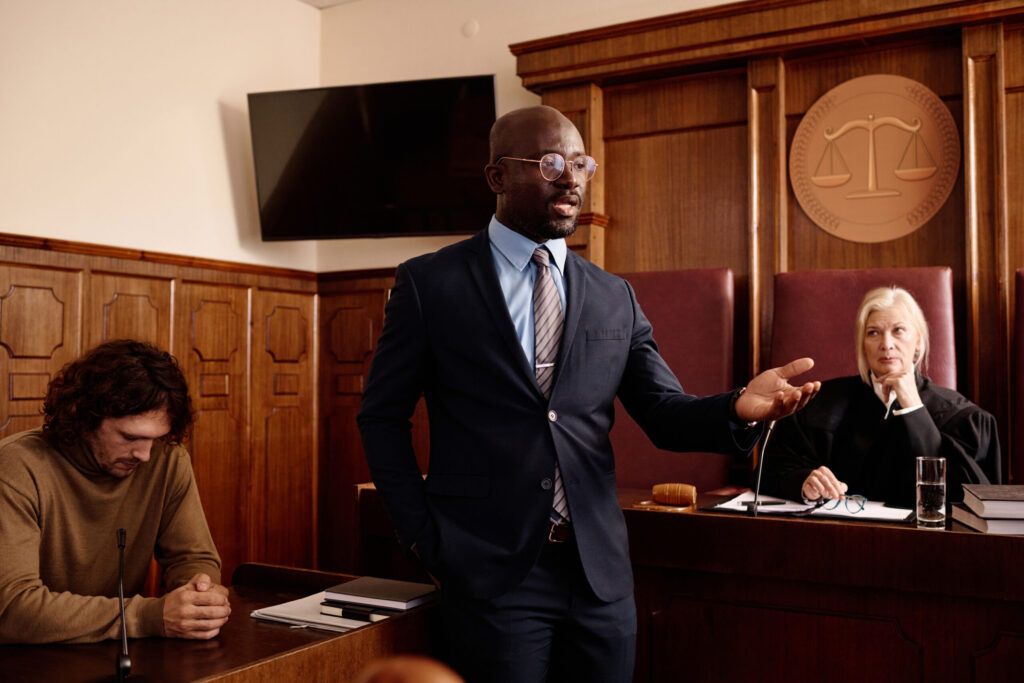How to Cope After Suffering Abuse in Prison
Having your freedom stripped away is hard enough. It can be worse to heal after the trauma of incarceration when you’ve been abused. If you’ve just been released from prison or jail, it could help you get some professional help in your mental wellness. Regardless of the type of abuse you’ve endured, licensed therapists and others who share your experience could be a great next step in your healing process. If you were abused in prison and aren’t sure how to cope, read on.
Seeking Professional Help

If you were abused in prison, start calling a therapist who can help you understand your trauma. A simple regular teletherapy session could help you begin to untangle your pain. Therapy Group of NYC is home to the best-rated therapists in the Manhattan area who offer personalized teletherapy in NYC and more.
Perhaps you’re now a survivor of sexual abuse, harassment, or physical abuse in prison and need a safe place to talk but are worried about your confidentiality or safety. No matter the type or severity of your abuse, you can still get help from a professional. Social workers, counselors, and psychiatrists will work with you to unravel feelings of shame, hopelessness, mistrust, and anxiety caused by abuse.
Building a Support Network

For those feeling alone who aren’t ready to trust a therapist, another way to get help is to join a support group for survivors of sexual assault or other crimes. People in these groups know the pain and fear around assault and abuse. In working with a group, you’ll learn to share your story and feel less alone. A therapist, community mental health center, or your local clinic or hospital can point you in the right direction.
If your abuse wasn’t sexual in nature but, instead, physical, you’ll want help for that, too. You might be experiencing loneliness because no one in your family has ever experienced abuse in prison, and they don’t know how to help. Maybe you suffered a neck injury and spent months in prison in a neck brace. Unable to do your own online research, you might have had to rely on a social worker for information. On the outside, you can do your own research on things like ‘cervical neck surgery recovery guide‘ but might feel better with the help of a friend or family.
If you’re having trouble getting your friends and family to understand everything you’ve been through, consider asking them to attend a therapy session with a family therapist so that you can set yourself up with the support you’ll need to get through this big transition after not only freedom but prison abuse. At the least, ask them to help you with physical therapy, attend visits to your occupational therapist with you, and assist you in your daily activities if they’ve become difficult. Support can come in many forms.
Rebuilding Your Future

Some people who’ve experienced abuse in prison experience discomfort when it comes to talking about their feelings. If your comfort level is low and you’re struggling with trust issues, remind yourself that this is normal. You’ve been through a lot. Consider asking your parole officer, a favorite social worker, or someone else for a referral to a partial hospitalization program where group therapists could work with you in a variety of ways to help built trust and new behaviors.
Not ready? That’s okay, too. Think about picking up a journal and beginning by writing your feelings down. Holding them in will only delay your progress, and regardless of how you begin, the important thing is that you do. Facing your emotions is step one toward your future despite all you’ve been through.
No matter how much help you get, the truth is that the impact of being abused in prison will still with you for years. The reality is that the best way to increase your mental wellness and move ahead is to reach out for help from people you trust. Whether that means a licensed therapist, using mental health resources online, or calling a good friend, the faster you begin to untangle your trauma, the sooner you’ll be able to move ahead after being abused in prison.





